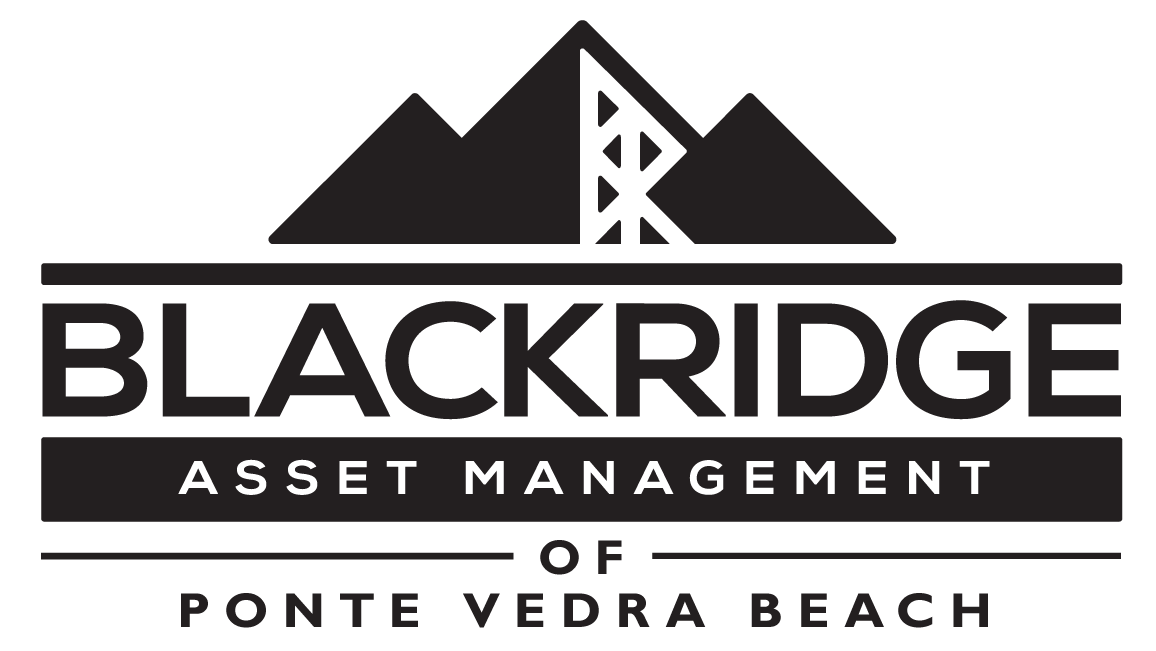Financial advice is not only required by the very rich, everyone can benefit from it. It can help you protect and build your assets and assist you in making the most of your investments and securing the long-term future of you and your family.
1. To protect your family
There are a myriad of life insurance products on the market; an adviser can tell you which ones are actually worth buying. They will assess your position and guide you through the best options to protect yourself and your family – whether you are single or married, have a young family, or are approaching retirement.
2. To help plan your spending and saving
To secure your long-term future, you need to build some assets – initially to get you through the rainy days and then to pay for holidays and luxuries. Step one is to plan your spending so that you begin to save, and step two is to plan that saving so that you can build your wealth as efficiently as possible. Irrespective of amount, a financial adviser can look at your situation and find the best starting point for you.
3. To help you plan for retirement
Once your short-term saving needs are covered, you can start thinking about the long term. Most people these days realize that they cannot rely on the state for more than the absolute basics. Planning for retirement is a complex business, and there are many different options available. A financial adviser will not only help sift through the many rules and product options and help construct a portfolio to maximized your long-term prospects.
4. To secure your house
The mortgage market has always been complicated, even more so in the aftermath of the credit crunch, with mortgages now even more complex and lenders’ requirements more stringent. Buying a house is one of the most expensive decisions we make and the vast majority of us need a mortgage. A financial adviser could save you thousands, particularly at times like this. Not only can they seek out the best rates, they can help you assess sensible levels of borrowing, make the most of your deposit, and might also find lenders who would otherwise not be available to you.
5. To help you meet your investment goals
As you progress through life and your assets and income begin to increase, you can start considering how to enhance your position rather than simply consolidate it. This could mean anything from looking to retire early to paying private school fees. Whatever your goal, a financial adviser can help assess what is realistically possible and plan with you to help you achieve it.
6. To find the right combination of assets
Investment is as much about protecting against potential downsides as it is about targeting maximum growth. High returns are often associated with high risk and not everyone likes the idea that their investment might fall by a third or more overnight! A financial adviser will make a detailed assessment of your attitude to risk before making recommendations. They will also ensure you don’t put all your eggs in one basket by helping you diversify not only across asset classes but also across accounts, individual funds and product providers.
7. To obtain an objective assessment
Every new investment opportunity or product is likely to be accompanied by a certain amount of hype but that doesn’t necessarily mean it is right for you. Investors will continue to be caught out by market ‘bubbles’ or high charges because they rush headlong in. A financial adviser knows how products work in different markets and will identify possible downsides for you as well as the potential benefits, so that you can then make an informed decision about where to invest.
8. To save money
Once your risk and investment assessments are complete, the next step is to look at tax; even the most basic overview of your position could help. It may simply mean using Individual Savings Accounts (ISAs) or a pension plan to benefit from government incentives or choosing growth focused assets over income to maximized capital gains allowances versus paying income tax. For more complicated arrangements, it could mean moving assets to your spouse or children to maximized their personal allowances instead. A financial adviser will always have your tax position in mind when making recommendations and point you in the right direction even in complicated situations.
9. To keep you on track
Even when your investments have been put in place and are running to plan, they should be monitored in case market developments or abnormal events push them off course. You can ask a financial adviser to keep a watchful eye on your investments. They can assess their performance against their peers, ensure that your asset allocation does not become distorted as markets fluctuate and help you consolidate gains as the deadlines for your ultimate goals move closer.
10. For peace of mind
Money is a complicated subject and there is lots to consider to protect it and make the most of it. Markets are volatile and the media are prone to exaggerate the risks and rewards. Employing a good financial adviser can cut through the hype to steer you in the right direction. Whether you need general, practical advice or a specialist with dedicated expertise, you could find that in the long term the money you invest in expert advice will be paid back many times over.



